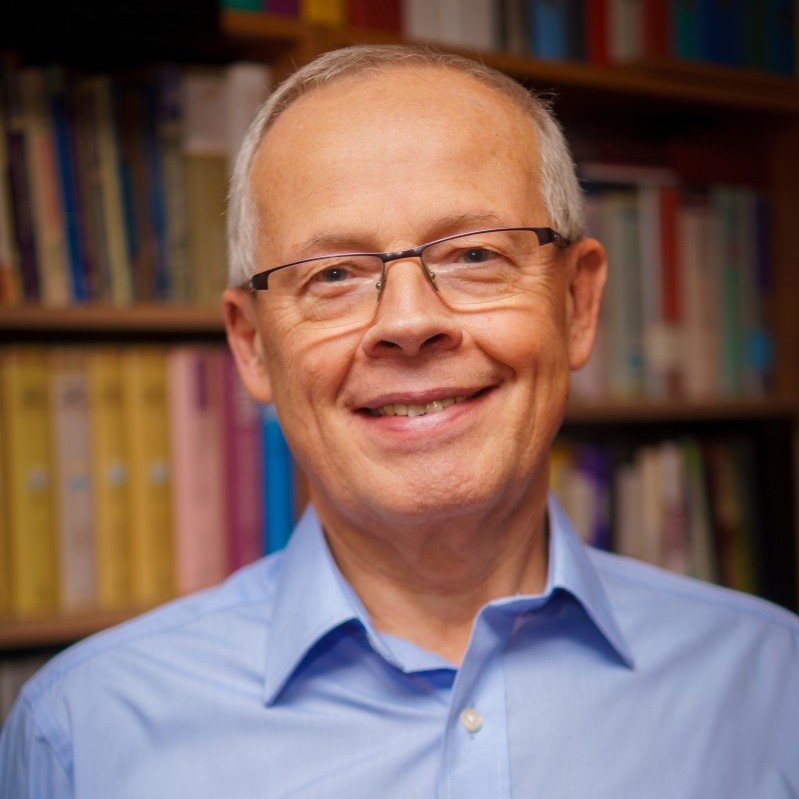What does it mean to eat the body and to drink the blood of Christ (John 6:53-57) in celebration of the Lord's Supper? Eucharist and the struggle of the Church.
Annotation:
Should we understand that only symbolically, spiritually or even bodily? Eucharist and struggle for the unity of the Church is high on contemporary ecumenical agenda. There is an influence of postmodernism with its emphases on religious experience and also great ecumenical desire to achieve the unity of Christendom around the Lord’s Table. Seeking the answer, it is quite obvious that we cannot overlook centuries of theological debates, exegesis of Biblical passages and living out Christian spiritualities. There are meaningful contributions from Patrictic, Medieval Age, the First and Second Reformation and contemporary Christian endeavors to understnad deeper Christ’s presence in worshiping church. All of that witnesses to deep desire to undertand more the presence of Christ Jesus in our life and to eat real bread for our life’s journey which would be the source of our motivation and power. What is the link between Christ’s presence in the Holy Communion, in the Word of God and the fellowship of the church? Does the Holy Spirit need bread and wine produced by man to minister to our soul? Many times, even in the time of Reformation these questions divided the church. Do we approach certain consenus today?
(Theologia vitae, vol. 2, 1/2009, p. 69-84)
